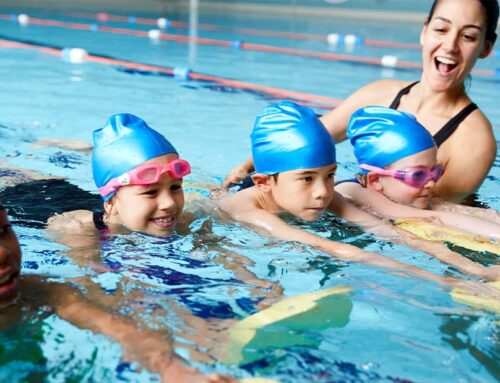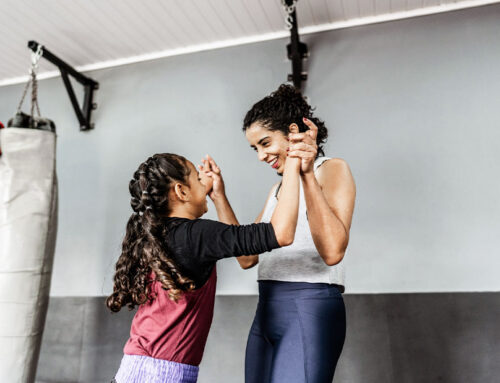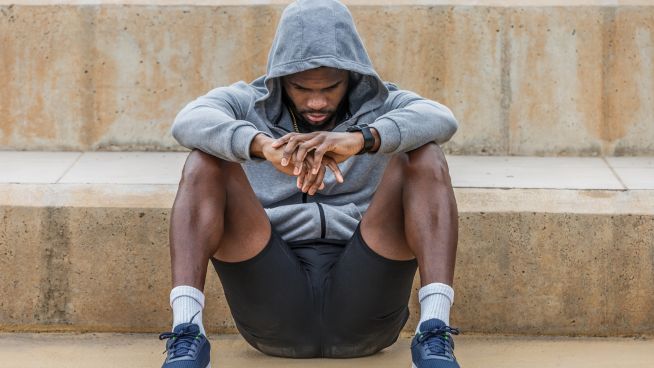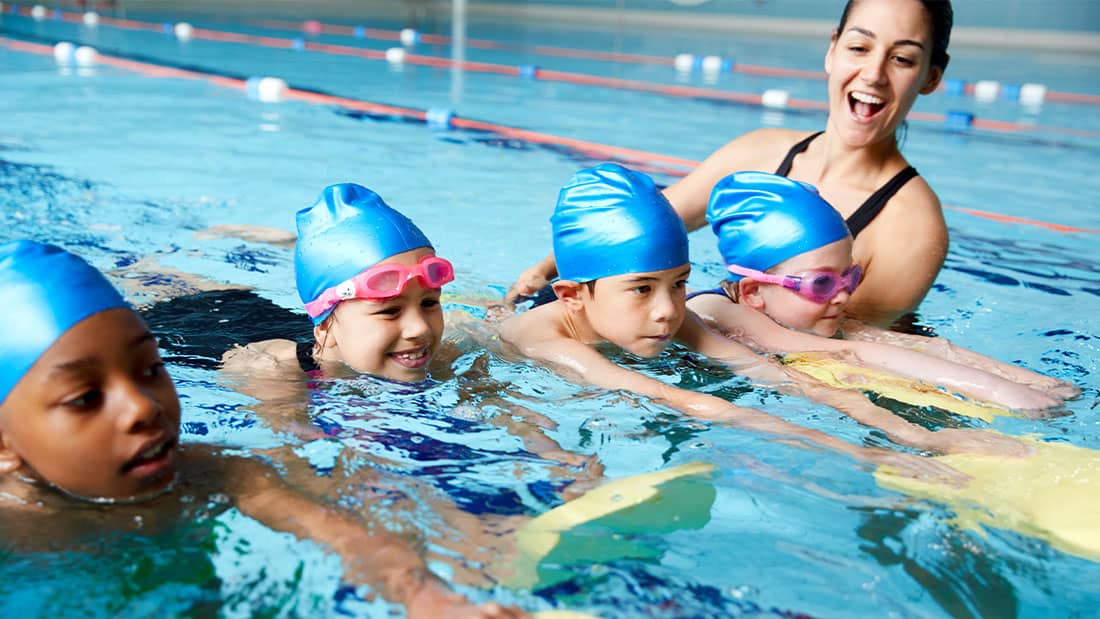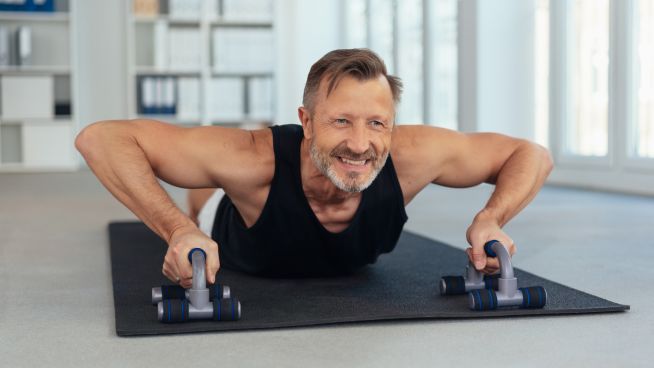Ways to Help Your Athlete Be Confident
Young athletes often don’t understand the agony of defeat. Or how their mistakes are just experiences that evolve and transform them into something greater. And, this is why confidence is essential. Confidence creates perseverance and self-discovery rather than letting fear or sadness get in the way. Confidence is the path that leads the present self to a greater self and ability. It betters the plans and strategies of tomorrow. When an athlete is confident in their abilities, they can significantly improve their athleticism. And this carries over into all aspects of life.
How To Help Your Athlete Be Confident And Optimistic
Make Things Easy
Sometimes too hard of a task for an athlete to accomplish makes them feel less confident. When you make a task easier to achieve, they become more confident, leading to the proper development to acquire the skills for the next lesson. Understand the skills of your athletes and help them to feel good about being successful. Sometimes you have to take a step backward to move three steps forwards. For example, in baseball, many kids don’t have hand-eye coordination just yet. So, playing tee-ball helps them develop hand-eye coordination to hit the ball. And after some swings on the tee, they feel good about successful hits. When the athlete feels confident, you can pitch some balls to your athlete to see how they do. If they can’t hit the pitch, underhand lob it to them.
Always reverse engineer the task so that the athlete can be successful, and then, step it forward. Confidence connects to the outcome and enhances their ability. They need to feel good to develop faith in their skills and understand challenges.
Don’t Create Expectations
When expectations are not met, it leads to disappointment affecting confidence. Keep it fun and guide your athletes in their self-discovery, letting them figure it out for themselves. Help them find their interest and passions in their sport. Let them focus on doing their best, not yours. Avoid statements like you need to win, you need to hit a home run, or you must score two goals today. First, it will make the athlete try too hard and overcompensate and lower performance. Or, when they don’t accomplish the task, it leads to disappointment. These two things will affect your athlete’s confidence and are not favorable for performance enhancement.
“Expectation is the root of all heartache.” – William Shakespeare
Mistakes Will Happen
Mistakes will happen on the first, second, third, or final play of the game. They can also occur in the first, second, or last minute of the game. However, the less your athlete worries about making a mistake, the better and harder they will play. Teach your athlete that making mistakes is normal. Don’t frown about the mistake keep playing like nothing happened. This will help them to stay confident. Playing mistakes are easier to correct than shattered or low confidence.
“You make mistakes. Mistakes don’t make you.” -Maxwell Maltz
Don’t Compare
When you compare, you create intimidation. Intimidation diminishes athleticism and ability. Don’t compare your athletes to others, and teach them not to compare themselves. When you start comparing yourself to others is when you begin to lose your confidence. Confidence is the key that opens the door to self-discovery and passion. It is the fuel that makes you compare your yesterday self to your today’s self to improve and be better.
“There is no comparison between the sun and the moon. They shine when it is their time.” – Unknown
It’s Okay To Fail
Most fear is based on making a mistake and being embarrassed. Fear can be a difficult feeling and emotion to prevent. Fear holds many things back in sport and life, like qualities, skills, emotions, etc. So, you must teach your athlete how to play hard and have fun. They need to know mistakes are not mistakes but opportunities to improve and get to the next level. This is the reason not to expect or compare because it leads to fear and lowers effort and potential. You want your athletes to stay positive and motivated. The less stress, the less fear, and the more faith and confidence your athletes will have.
“Thinking will not overcome fear, but action will.” – W. Clement Stone
Confidence is the key to improvement. Everyone is on a different level in life and sport. Just like a key opens a door, confidence is the key to unlocking the mind to enhance potential. And that is what confidence does. It leads to positive results no matter what happens because all your athletes are on a different journey. They cannot compare to another. This is why it is essential to follow these tips and teach them to your athlete.
RECOMMENDED FOR YOU
MOST POPULAR
Ways to Help Your Athlete Be Confident
Young athletes often don’t understand the agony of defeat. Or how their mistakes are just experiences that evolve and transform them into something greater. And, this is why confidence is essential. Confidence creates perseverance and self-discovery rather than letting fear or sadness get in the way. Confidence is the path that leads the present self to a greater self and ability. It betters the plans and strategies of tomorrow. When an athlete is confident in their abilities, they can significantly improve their athleticism. And this carries over into all aspects of life.
How To Help Your Athlete Be Confident And Optimistic
Make Things Easy
Sometimes too hard of a task for an athlete to accomplish makes them feel less confident. When you make a task easier to achieve, they become more confident, leading to the proper development to acquire the skills for the next lesson. Understand the skills of your athletes and help them to feel good about being successful. Sometimes you have to take a step backward to move three steps forwards. For example, in baseball, many kids don’t have hand-eye coordination just yet. So, playing tee-ball helps them develop hand-eye coordination to hit the ball. And after some swings on the tee, they feel good about successful hits. When the athlete feels confident, you can pitch some balls to your athlete to see how they do. If they can’t hit the pitch, underhand lob it to them.
Always reverse engineer the task so that the athlete can be successful, and then, step it forward. Confidence connects to the outcome and enhances their ability. They need to feel good to develop faith in their skills and understand challenges.
Don’t Create Expectations
When expectations are not met, it leads to disappointment affecting confidence. Keep it fun and guide your athletes in their self-discovery, letting them figure it out for themselves. Help them find their interest and passions in their sport. Let them focus on doing their best, not yours. Avoid statements like you need to win, you need to hit a home run, or you must score two goals today. First, it will make the athlete try too hard and overcompensate and lower performance. Or, when they don’t accomplish the task, it leads to disappointment. These two things will affect your athlete’s confidence and are not favorable for performance enhancement.
“Expectation is the root of all heartache.” – William Shakespeare
Mistakes Will Happen
Mistakes will happen on the first, second, third, or final play of the game. They can also occur in the first, second, or last minute of the game. However, the less your athlete worries about making a mistake, the better and harder they will play. Teach your athlete that making mistakes is normal. Don’t frown about the mistake keep playing like nothing happened. This will help them to stay confident. Playing mistakes are easier to correct than shattered or low confidence.
“You make mistakes. Mistakes don’t make you.” -Maxwell Maltz
Don’t Compare
When you compare, you create intimidation. Intimidation diminishes athleticism and ability. Don’t compare your athletes to others, and teach them not to compare themselves. When you start comparing yourself to others is when you begin to lose your confidence. Confidence is the key that opens the door to self-discovery and passion. It is the fuel that makes you compare your yesterday self to your today’s self to improve and be better.
“There is no comparison between the sun and the moon. They shine when it is their time.” – Unknown
It’s Okay To Fail
Most fear is based on making a mistake and being embarrassed. Fear can be a difficult feeling and emotion to prevent. Fear holds many things back in sport and life, like qualities, skills, emotions, etc. So, you must teach your athlete how to play hard and have fun. They need to know mistakes are not mistakes but opportunities to improve and get to the next level. This is the reason not to expect or compare because it leads to fear and lowers effort and potential. You want your athletes to stay positive and motivated. The less stress, the less fear, and the more faith and confidence your athletes will have.
“Thinking will not overcome fear, but action will.” – W. Clement Stone
Confidence is the key to improvement. Everyone is on a different level in life and sport. Just like a key opens a door, confidence is the key to unlocking the mind to enhance potential. And that is what confidence does. It leads to positive results no matter what happens because all your athletes are on a different journey. They cannot compare to another. This is why it is essential to follow these tips and teach them to your athlete.

